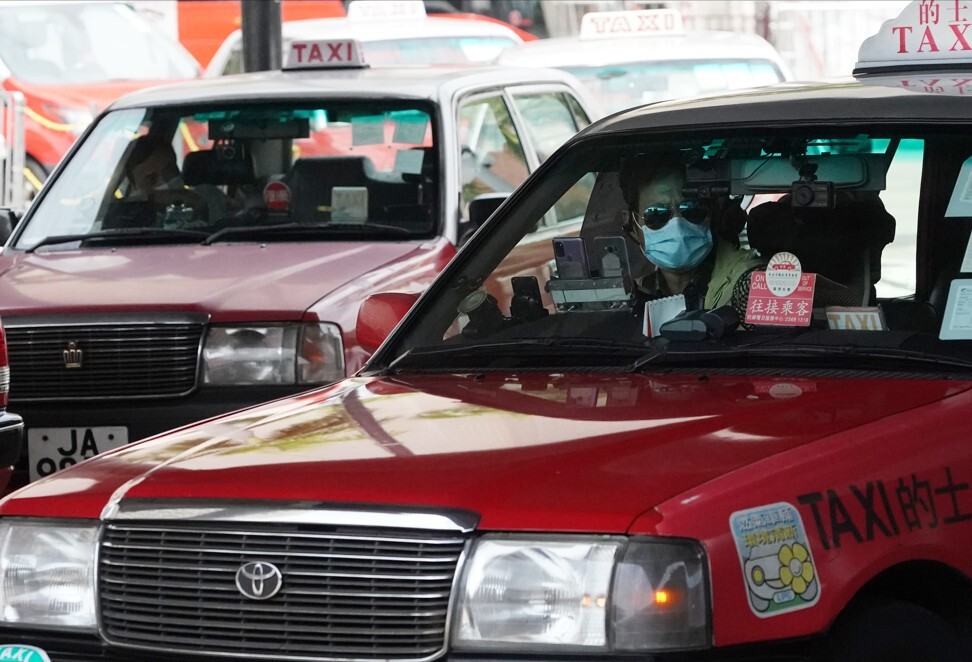
Hong Kong cannot afford to put brakes on Uber
- If the city is serious about embracing innovation that improves competitiveness, it must not allow vested interests and a much-criticised taxi industry to frustrate car-hailing services
Twenty-four Uber drivers may have come to the end of the road in their legal fight against convictions for carrying passengers for hire or reward without a permit. But the dismissal of their challenge in the Court of Final Appeal only served to draw fresh attention to the case for making popular ride-hailing services legal. Until that happens Hong Kong remains one of the few big cities not to have a legal ride-hailing app, or at least one that people want to use.
Thousands of Uber drivers remain at risk of breaking an outdated law. It is not clear how the government reconciles that with Hong Kong’s “free economy” and the goal of making it a smart city.
Court deals harsh blow to Hong Kong Uber drivers – what now?
The city’s taxi services – effectively a cartel of taxi licence holders – has had six years to rise to the competitive challenge thrown down by Uber by providing the public with the service it wants. It has failed. The option of a franchised premium taxi app supplied by 600 vehicles has made little difference, having failed to shake off negative perceptions of service. It remains a protected industry that gives the community a poor return for an inflated market in taxi licence plates.
Uber owes a loyal following largely due to the poor image of the traditional taxi industry amid complaints of shoddy service, including accusations of uncivil and unscrupulous drivers. It is a vibrant part of the gig economy. The Covid-19 pandemic has shown how important this sector is to people who cannot find regular employment or convenient transport choices.

The government has shown no appetite for the political fallout from the legalisation of car-hailing services. But that is hardly in keeping with the “can-do” spirit in which Hong Kong forged its success. To be sure, any change would have serious implications for many people who have invested in taxi plates – and gambled on protection from competition. It would risk provoking disruptive protests. Car-hailing services would have to be introduced gradually and sensitively.
If Hong Kong is serious about embracing innovation that improves the city’s competitiveness, it cannot allow vested interests to frustrate necessary reforms. Consumer protection and public safety are paramount. But they can be safeguarded in law reform that opens up the car-hailing market.

